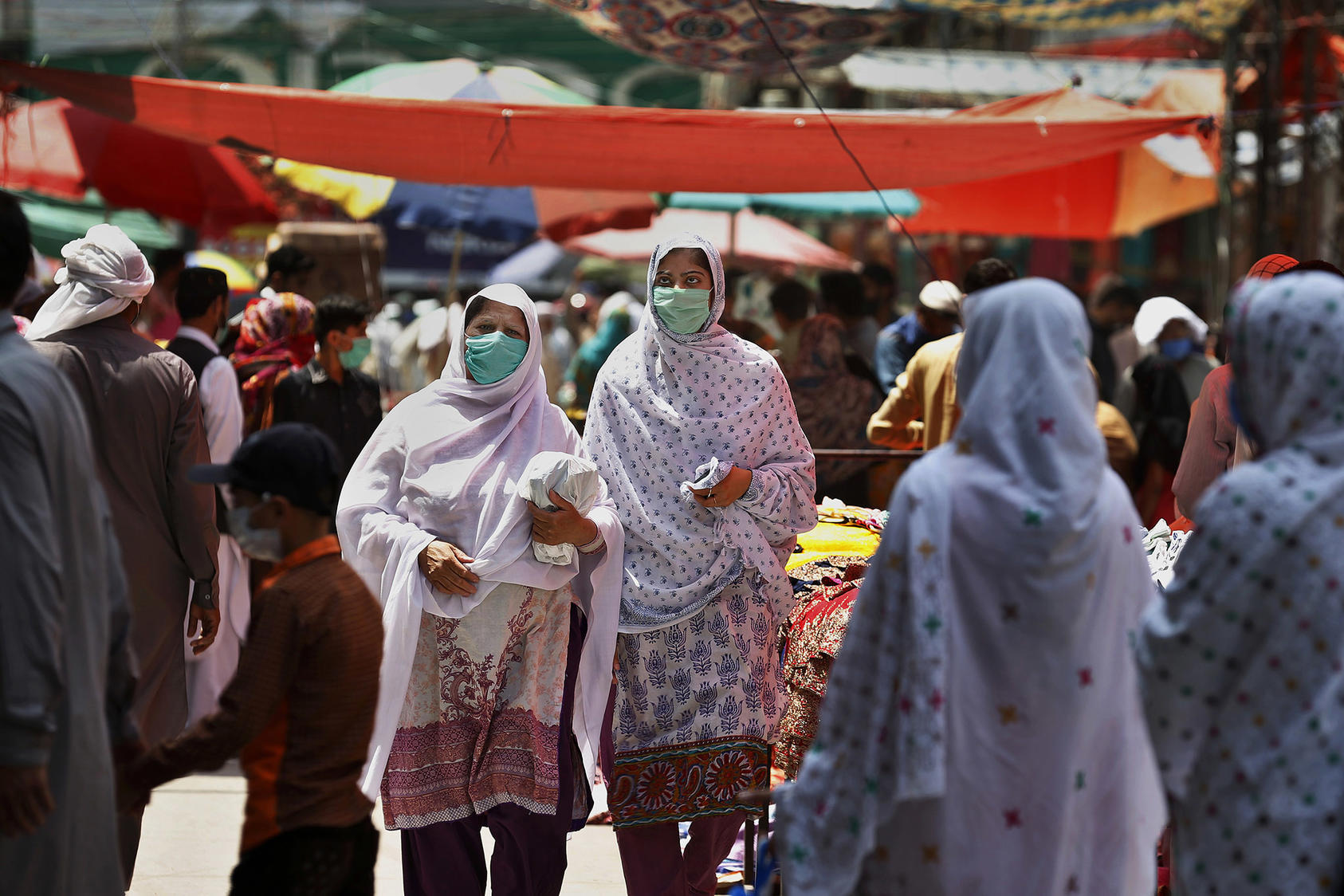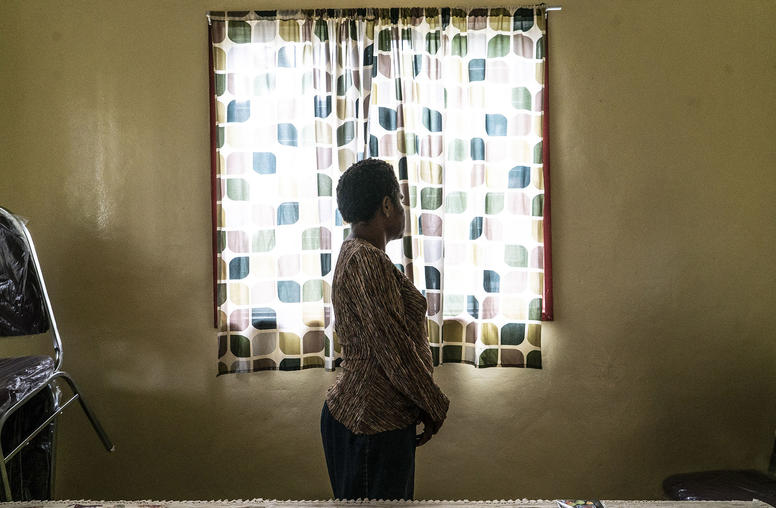Gender-Based Violence and COVID-19 in Fragile Settings: A Syndemic Model
The long-standing pandemic of gender-based violence has been worsened by COVID-19 and related containment measures, particularly in fragile settings marked by conflict, poverty, and weak infrastructure. At the same time, the implementation of gender-insensitive COVID-19 control policies can exacerbate the community transmission of COVID-19. These interactions form a syndemic—two or more pandemics whose interactions compound the severity of each. This report identifies the key avenues through which these two pandemics have synergistic effects and offers recommendations for mitigating their impact.

Summary
- The COVID-19 pandemic has compounded the preexisting epidemic of gender-based violence. In turn, gender-based violence can directly and indirectly contribute to COVID-19 vulnerability and community transmission.
- Gender-insensitive COVID-19 policy responses have reinforced this negatively synergistic relationship, reducing the effectiveness of disease control measures and contributing to gender inequality in fragile settings, which are already characterized by conflict, poverty, displacement, and weak infrastructure.
- This syndemic relationship is explored through three key avenues: constrained access to health and social services, the militarization of movement, and reduced socioeconomic status.
- To interrupt the negative synergistic interaction of gender-based violence and COVID-19 in fragile settings, policymakers must implement responses targeting the gendered consequences of disease control measures.
- Understanding the mutually reinforcing interactions of gender-based violence and COVID-19 can help practitioners and policymakers better address the interaction between gender-based violence and infectious disease in other existing or emergent infectious disease outbreaks.
About the Report
This report examines the avenues through which the COVID-19 pandemic has compounded the preexisting epidemic of gender-based violence in fragile settings and, in turn, how gender-based violence can directly and indirectly contribute to COVID-19 vulnerability and community transmission. The authors’ research was supported by the Gender Policy and Strategy Program at the United States Institute of Peace and the Missing Peace Scholars Initiative.
About the Authors
Luissa Vahedi is a doctoral candidate in public health sciences at the Brown School at Washington University in St. Louis. Jessica Anania is a doctoral candidate in sociology at the University of Oxford. Jocelyn Kelly directs the Program on Gender, Rights and Resilience at the Harvard Humanitarian Initiative and is an instructor at Harvard Medical School.



